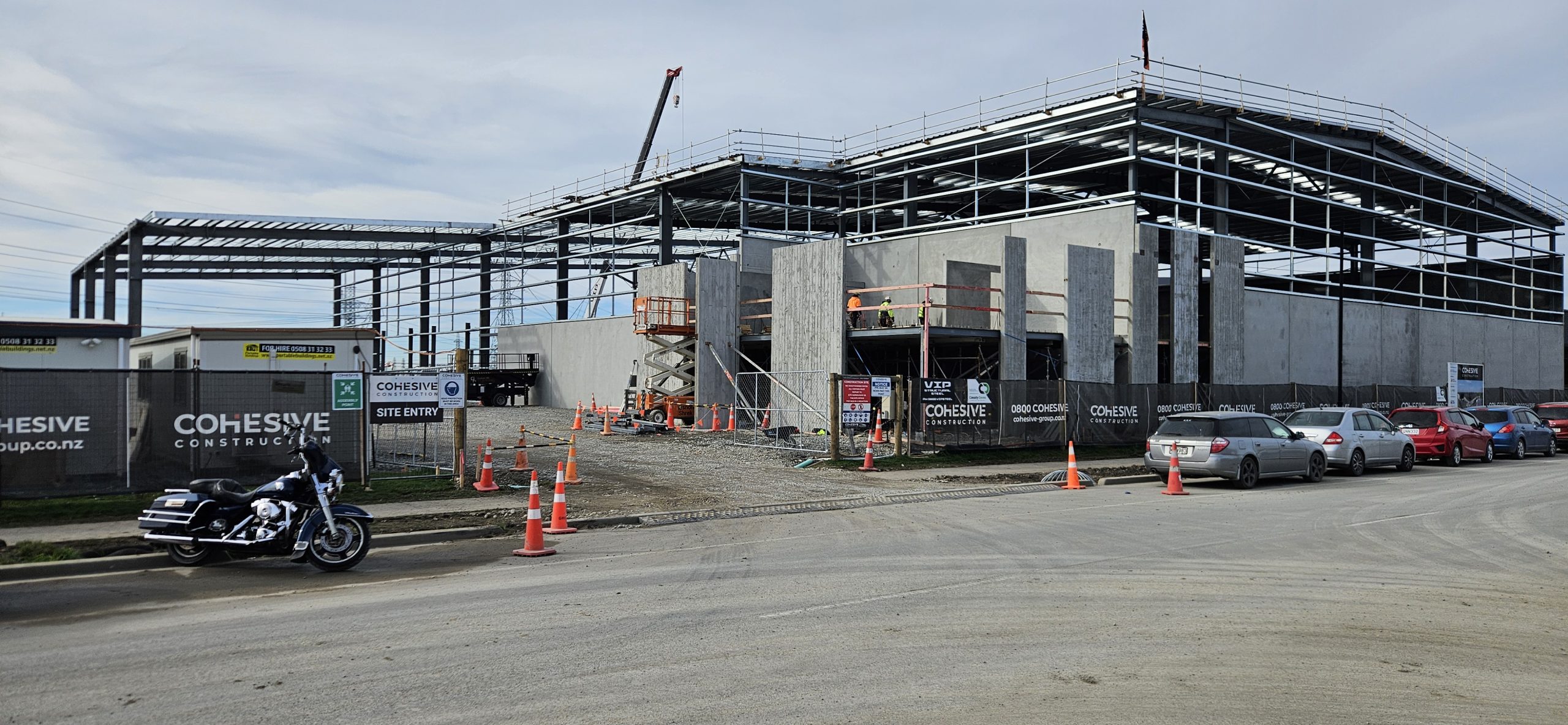Shared this with my staff today and thought others may get some value from it
Important knowledge I think every high performer should heed.
The biggest thing I have found with higher performers is to force holiday breaks regularly, every 3 months. When you red-line for too long, you lose perspective but don’t see it happening. It happened to me once big time (2008/9), and every high performer I know goes through it (with one exception who is a freak of nature, Kim). It’s like a top athlete; it’s not good to operate at peak fitness for too long. You need to cycle down and build back up.
The issue is red-lining can be like a drug. It’s like pushing a high-performance car, red-lining all the way. You’re at full noise through an incredibly challenging track with competitors wanting to beat you at every inch, and you win! It feels fantastic.

Performing under pressure and constantly hitting it out of the park releases all the feel-good chemicals. It’s easy to achieve this at SCS; we get thrown insane challenges most days, deal with highly volatile order volumes across multiple clients concurrently, stuff coming at us from all sides. Recently we’ve had huge staff absenteeism issues due to Covid to deal with. Throw in the impossible like do all of this AND now you need to open up new facilities to support clients who are blowing up due to global supply chain issues. Then clients ring in with an urgent order they forget to tell us about, but it’s worth heaps to them, and they desperately need us to drop everything for them. On top of this, there is relentless pressure to keep up with our axe-sharpening disciplines. Don’t let the fundamentals (location checks, transfers/replen, label integrity, housekeeping, H&S, etc.) drop, even slightly. Then, in amongst all of this, you pull it off!
The day finishes, staff are exhausted but smiling, knowing they did it. You nailed it – customers are congratulating us, peers are congratulating us. It’s hard to beat the feeling, and the higher the pressure, the greater the flow of dopamine, serotonin, and endorphins. But there is a cost, and it sneaks up on you.
Nature works in cycles, and when people fight nature, they always lose.
You must take 1-2 weeks off every 3 months. If you do that, you can run for decades at high performance and live an exceptional life, is my experience. Michelle and I learned (the hard way) we had to book in advance. If we don’t, there is always something on, something super dupa important that we had to put off that break we know we should have just a little bit longer until we got through this new super important thing. If you don’t schedule in those breaks, you will burn out. When you do burnout, it’s not fun (deep hole, numb, disconnected, loss of purpose), and it takes 6-24 months to build back, which is a waste of quality life for you and your family (the only things that actually matter).
When you forward-plan, your brain changes its thinking and actively works around the super dupa important stuff as it comes towards you. It’s a weird quirk of the brain. It doesn’t always work out; sometimes, you have to cancel last minute as there is actually something genuinely super dupa important that needs your full attention, and you need to park the holiday. And that’s ok. When you use this forward-planning system, you learn that of the 10 things that used to be super dupa important, only 1-2 actually ever are.
That’s life, and it’s a good one if you manage it, its always full of surprises but forward planning you’ll be 5-10 X better off than if you don’t.

The concept of planning is critical to managing workload and stress and avoiding burnout. Spending just 30 minutes every day planning can keep the feel-good chemicals flowing and help us achieve our goals without sacrificing our well-being. Last year, we introduced the idea of swinging the axe (doing the work) vs. sharpening the axe (planning and fundamentals). While it’s natural to lean towards swinging the axe, doing so can eventually lead to a blunt axe, which means working harder and achieving less.
To prevent this, it’s important to remember the 5P’s – Prior Planning Prevents Poor Performance. By planning ahead, we can stay on track and avoid feeling overwhelmed by our workload.
If you end up feeling overwhelmed, step up and use out “put your hand up policy” all great leaders use this at times.
In addition to planning our work, it’s also crucial to plan our holidays. Taking 1-2 weeks off every three months will help us recharge our batteries and come back even stronger.
Tools such as PaT can help us manage our workload and frame our work as projects, get ideas out of our heads into a document makes a HUGE difference to work balancing, making it easier to prioritize and manage our tasks. By using the horizon planning tool in PaT, we can see what’s coming up, negotiate deadlines, and understand our work capacity, allowing us to work in harmony with others.
While using two systems, such as Outlook and PaT, can be a pain, they are both super useful tools that we need to use together. Outlook is great for booking our time (planning, settings, holidays), while PaT can help us manage our tasks (daily work, projects, H&S).
In conclusion, to be a high performer, we need to plan our work and our holidays, take regular breaks, and use tools such as PaT to manage our workload effectively. Remember to book your holidays 3 months in advance and spend 30 minutes every day planning, and you’ll be on your way to achieving your goals while maintaining your health and well-being living your best life!
Key takeouts
Book holidays 3 months in advance
Spend 30 minutes everyday planning.


